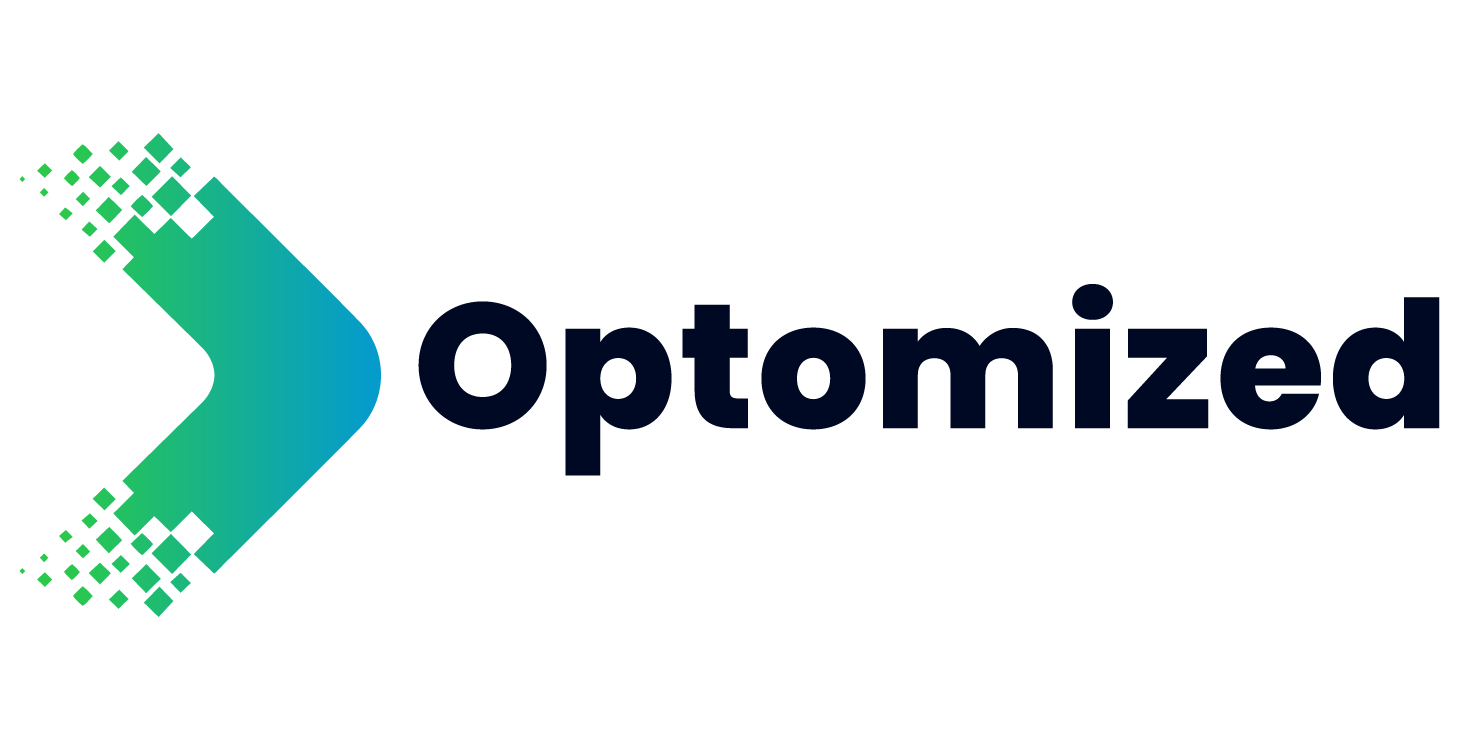Optomized Insights
Expert Strategies for Business Growth: Lead Generation, Sales, and Success Insights

Why Scaling Isn’t the Answer (Until You Know What You Actually Want)
The real reason your business isn’t scaling—despite your efforts—has nothing to do with leads, growth hacks, or needing to "go bigger."
What Does Scaling Even Mean?
Ask ten business owners what scaling means, and you'll get ten different answers.
For some, it means making more money. For others, it means working less. For a few, it's building a company they can sell.
And that’s the problem.
Scaling has become this vague badge of honour everyone thinks they should be chasing. But most business owners haven’t stopped to ask the one question that actually matters:
Do I even want to scale? Or do I just want more freedom, more predictable income, or less stress?
Because the truth is, scaling isn't always growth. And growth isn't always good.
Some businesses are trying to scale when they haven’t even built something worth growing yet.
Others are humming along, profitable and calm—and they’re about to blow it all up because someone on LinkedIn said, “It’s time to scale.”
Let’s slow that down. Let’s question why we’re chasing more.
The Fantasy of Scaling vs. The Reality of Building
Scaling gets sold as this moment of arrival. More leads. More staff. More money.
But here’s what scaling actually brings:
More pressure
More complexity
More moving parts
More decisions you didn’t expect
More fires you now have to put out
And if your internal systems aren’t rock solid? That extra volume doesn’t make things better. It exposes everything that’s already broken.
Think about it: You’re already dropping leads occasionally. You’re already struggling to keep up with customer follow-ups. You’re already manually chasing bookings and reschedules.
Now imagine doubling the load.
Scaling doesn’t solve the pain. It multiplies it.
This is where most small business owners quietly unravel—because what looks like growth is actually structural strain.

What You’re Really Looking For (And Nobody Names)
Most owners who say they want to scale… don’t. Not really.
They want:
Consistency
Peace of mind
Time back
Better clients—not more noise
But somewhere along the way, these desires got mislabelled as “scaling.”
So they go looking for the wrong things. They buy more traffic. They outsource more tasks. They hire before they have structure. They launch new offers to “expand.”
And none of it works—because they weren’t chasing scale. They were chasing control.

Three Questions Every Business Owner Should Ask Before Scaling
Is my business currently dependent on me to function? If the answer is yes, scaling means doubling your hours or your stress—not your income.
Do I want to grow to sell, or grow to simplify my life? The path is different. One requires aggressive systems and delegation. The other requires clarity and control.
Would I be happier just refining what works? If your current model is profitable, low-stress, and aligned with your lifestyle—do you need to scale? Or do you need to optimise?
The power is in choosing your growth, not reacting to the market's definition of it.
When Scaling Makes Sense (And When It Doesn't)
Scaling is smart only when your systems can support it. If you’re closing leads consistently, delivering results efficiently, and have time/space to breathe, then scaling can be a powerful next step.
But if your growth depends on duct-tape workflows, delayed responses, or your personal availability 24/7—scaling just brings faster failure.
You need the machine before you feed it fuel. You need the logic before you add volume.
That’s how you build a solid foundation for sustainable growth.
Redefining Scale on Your Terms
What if scaling didn’t mean hiring a team of 12? What if it didn’t mean turning your business into a corporate brand?
What if scaling simply meant:
More value from the same effort
More revenue per client
More predictability without more chaos
That’s scale, too.
But it requires infrastructure. It requires restraint. It requires choosing simplicity over size—until size actually makes sense.

So, What Should You Focus On Instead?
If you’re not ready to scale, you’re not behind. You’re wise.
The real goal for most small business owners isn’t headcount, ad spend, or exit multiples. It’s predictability. It’s a calendar that works. It’s a business that earns well and runs well—without you doing all the lifting.
Start there.
Build the systems that give you space. Get crystal clear on what your business is actually for.
Then decide: scale, sell, sustain, or simplify?
Let that decision be yours—not someone else’s definition of success.
Want more insights on the challenges of scaling or determining the right time to scale? These are questions the big players ask before they make their next move.
Still have questions? Visit our FAQ page for more insights on building a business that runs smart, not just fast.
Copyright Optomized 2022 -- All Rights Reserved
We’re on a mission to give estate agents the winning edge to create perpetual growth and a brighter future
